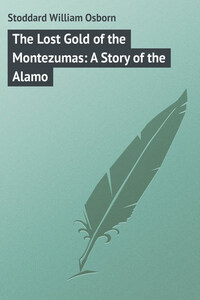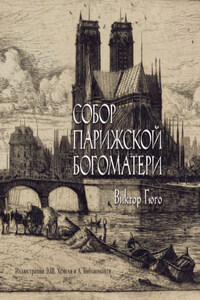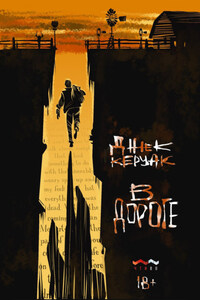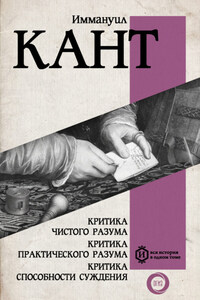CHAPTER I
A WOUNDED NATION AT BAY
It is well to fix the date of the beginning of a narrative.
Through the mist and the icy rain, with fixed bayonets and steadfast hearts, up the main street of Trenton town dashed the iron men from the frost and famine camp on the opposite bank of the Delaware.
Among their foremost files, leading them in person, rode their commander-in-chief. Beyond, at the central street crossing, a party of Hessian soldiers were half frantically getting a brace of field-pieces to bear upon the advancing American column. They were loading with grape, and if they had been permitted to fire at that short range, George Washington and all the men around him would have been swept away.
Young Captain William Washington and a mere boy-officer named James Monroe, with a few Virginians and Marylanders, rushed in ahead of their main column. Nearly every man went down, killed or wounded, but they prevented the firing of those two guns. Just before their rush, the cause of American liberty was in great peril. Just after it, the victory of Trenton was secure.
So it is set down in written history, and there are a great many curious statements made by historians.
This was a sort of midnight, it is said, – the dark hour of the Revolutionary War.
Manhattan Island, with its harbor and its important military and naval features, had been definitely lost to the Americans and occupied by the British. Its defences had been so developed that it was now practically unassailable by any force which the patriots could bring against it. From this time forward its harbor and bay were to be the safe refuge and rendezvous of the fleets of the king of England. Here were to land and from hence were to march, with only one important exception, the armies sent over to crush the rebellious colonies.
Nevertheless, Great Britain had won back just so much of American land, and no more, as her troops could continuously control with forts and camps. Upon all of her land, everywhere beyond the range of British cannon and the visitation of British bayonets and sabres, the colonists were as firm as ever. It is an exceedingly remarkable fact that probably not one county in any colony south of the Canadas contained a numerical majority of royalists, or "Tories." Still, however, these were numerous, sincere, zealous, and they fully doubled the effective strength of the varied forces sent over from beyond the sea.
The tide of disaster to the American arms had hardly been checked at any point in the north. Fort Washington had bloodily fallen; Fort Lee had been abandoned; the battle of White Plains had been fought, with sharp losses upon both sides. After vainly striving to keep together a dissolving army, General Washington, with a small but utterly devoted remnant, had retreated to contend with cold and starvation in their desolate winter quarters beyond the Delaware.
For a time, the red-cross flag of England seemed to be floating triumphantly over land and sea. All Europe regarded the American cause as hopelessly lost. The American character and the actual condition of the colonies was but little understood on the other side of the Atlantic. The truth of the situation was that the men who had wrested the wilderness from the hard-fighting red men, and who had been steadily building up a new, free country, during several generations, were unaware of any really crushing disaster. At a few points, which most of them had never seen, they had been driven back a little from the sea-coast, and that was about all. Among their snow-clad hills and valleys they were sensibly calculating the actual importance of their military reverses, and were preparing to try those battles again, or others like them. A bitter, revengeful, implacable feeling was everywhere increasing, for several aggravating causes. In the winter days of 1776-77, wounded America was dangerously AT BAY.
It was on Christmas morning, at the hour when the Hessians of Colonel Rahl were giving up their arms and military stores in Trenton town. At that very hour, a group of people, who would have gone wild with delight over such news as was to come from Trenton, sat down to a plentiful breakfast in a Connecticut farm-house. It was a house in the outskirts of New London, near the bank of the Thames River, and in view of the splendid harbor. As yet there were several vacant chairs at the table.
"Guert Ten Eyck," said a tall, noble-looking old woman, as she turned away from one of the frosted windows, "of what good is thy schooner and her fine French guns? Thee has not fired a shot with one of them. How does thee know that thee can hit anything?"
"Yes, we did, Rachel Tarns," was very cheerfully responded from across the table. "We blazed away at that brig. We hit her, too. Good Quakers ought not to want us to hurt people."
"Guert," she tartly replied, "thee has done no harm, I will instruct thee. If thee is thyself a Friend, thee must not use carnal weapons, but if thee is one of the world's people thee may do what is in thee for the ships and armies of thy good King George. Do I not love him exceedingly? Hath he not seized my dwelling for a barracks, and hath he not driven me and mine out of my own city of New York, for what his servants call treasonable utterances?"













